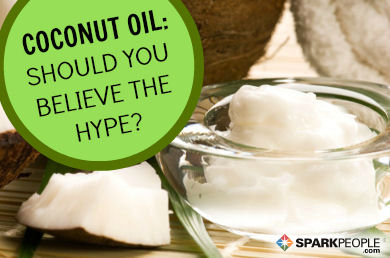|
Move over green tea and red wine, there is a new antioxidant-rich super food that's becoming more and more popular. The pomegranate used to be nothing more than a seasonal novelty--even though it is a fruit that has been around for centuries, as referenced in Persephone, Homer's Odyssey and Shakespeare's Romeo and Juliet. Over the last few years, however, there have been more and more products containing pomegranate popping up on store shelves. You can find pomegranate flavor or scent in everything from hand soap and body wash to ice cream and lollipops. So what is a pomegranate? The pomegranate-- known as la granada in Spanish and la grenade in French--is a round fruit typically about the size of an orange or grapefruit with a distinctive crown-shaped calyx at its base. The outer skin is rather tough and leathery in texture. The skin color can range from pale pink to a rich ruby red. Inside, the pomegranate fruit contains chambers of ruby-red seeds separated by white pulp like membranes. This fruit grows on small treelike shrubs and is a native plant from areas from northern India to Iran and throughout the Mediterranean region. It is believed that the plant was introduced to California by the Spanish settlers in 1769. If grown for fruit, it grows best in semi-arid or subtropical climates like Arizona and California, but the plant can be grown for ornamentation in cooler climates as well. Pomegranates are one of the most nutritious fruits you can choose, but they are also one of the most difficult and labor intensive to eat. Not only is the fruit loaded with vitamin C, potassium, folic acid and fiber, scientists have found that it is also loaded with antioxidants that may help fight heart disease, cancer and the ongoing battle with aging. The pomegranate fruit contains three different types of antioxidant polyphenols-- tannins, anthocyanins and ellagic acid. Found in many fruits, these are not specific to pomegranates; however, pomegranate juice contains a notably high amount of all three, which is what makes this fruit an antioxidant-rich super food. When selecting a fruit, pick those that are heavy, brightly colored and have a rind without any splits. They can be safely kept refrigerated for several months, but they taste best when eaten fresh. The membranes and seeds are edible and can easily be put through a juicer. The seeds provide the largest portion of the fruit's fiber and can be sprinkled on salads, used in soups, breads or other baked goods. (Find some pomegranate recipes here. How do you eat it?
Some common ailments have been found to respond positively to pomegranate or its juice. Talk to your health care provider to see if pomegranates could be a natural option for you or someone in your family.
Caution should be used regarding regular consumption of pomegranate juice if you are on any medications. There is concern that the potent antioxidant juice may affect the metabolism of some prescription medications. Blood pressure medications in particular should not be taken with pomegranate juice as it may cause your blood pressure to drop too low. Be sure to talk with your medical provider to find the best balance between your prescription medications and this wonderful and healthy super fruit. During the holiday season you will likely see this beautiful red fruit in stores. Will you pick some up and give them a try? |
Popular EntriesMore From SparkPeople
|















